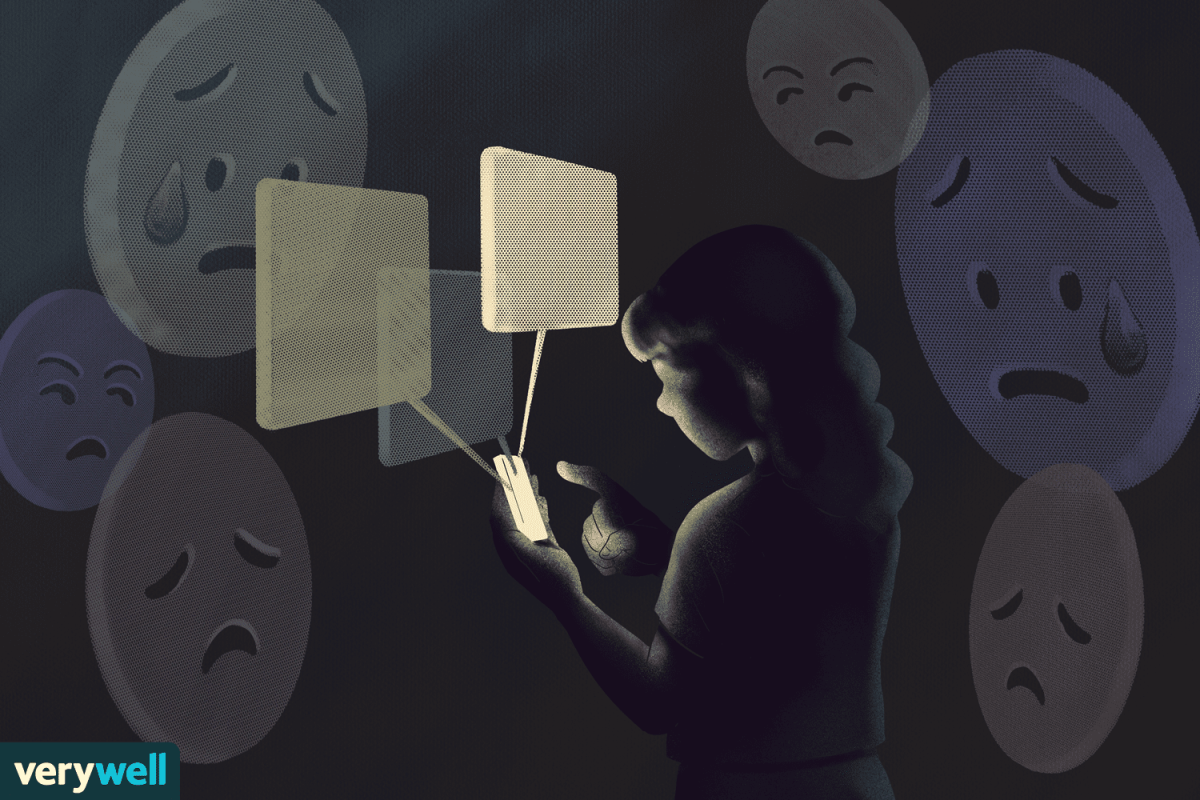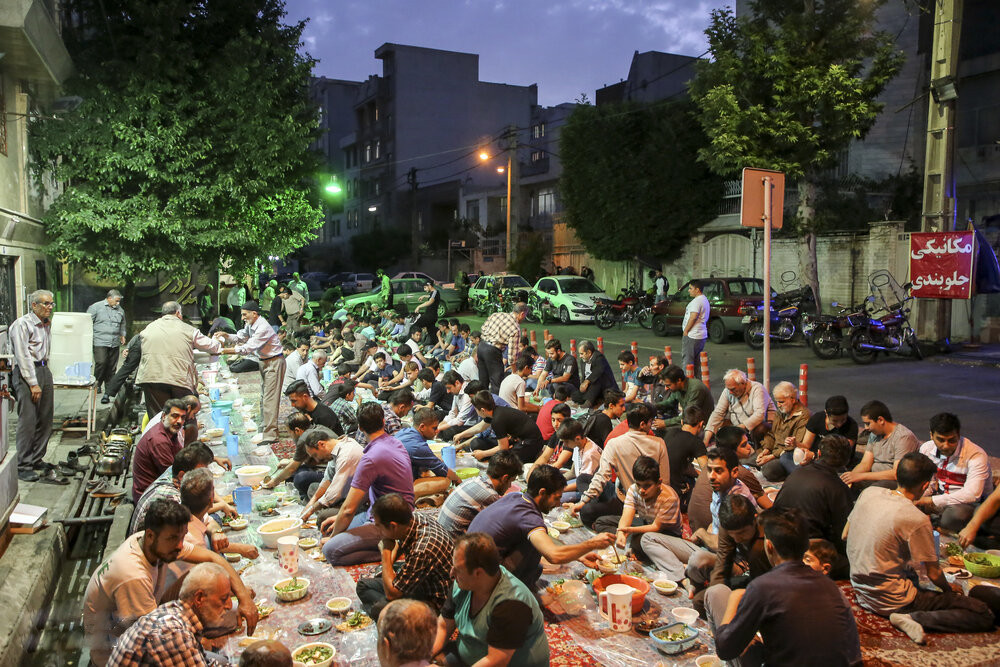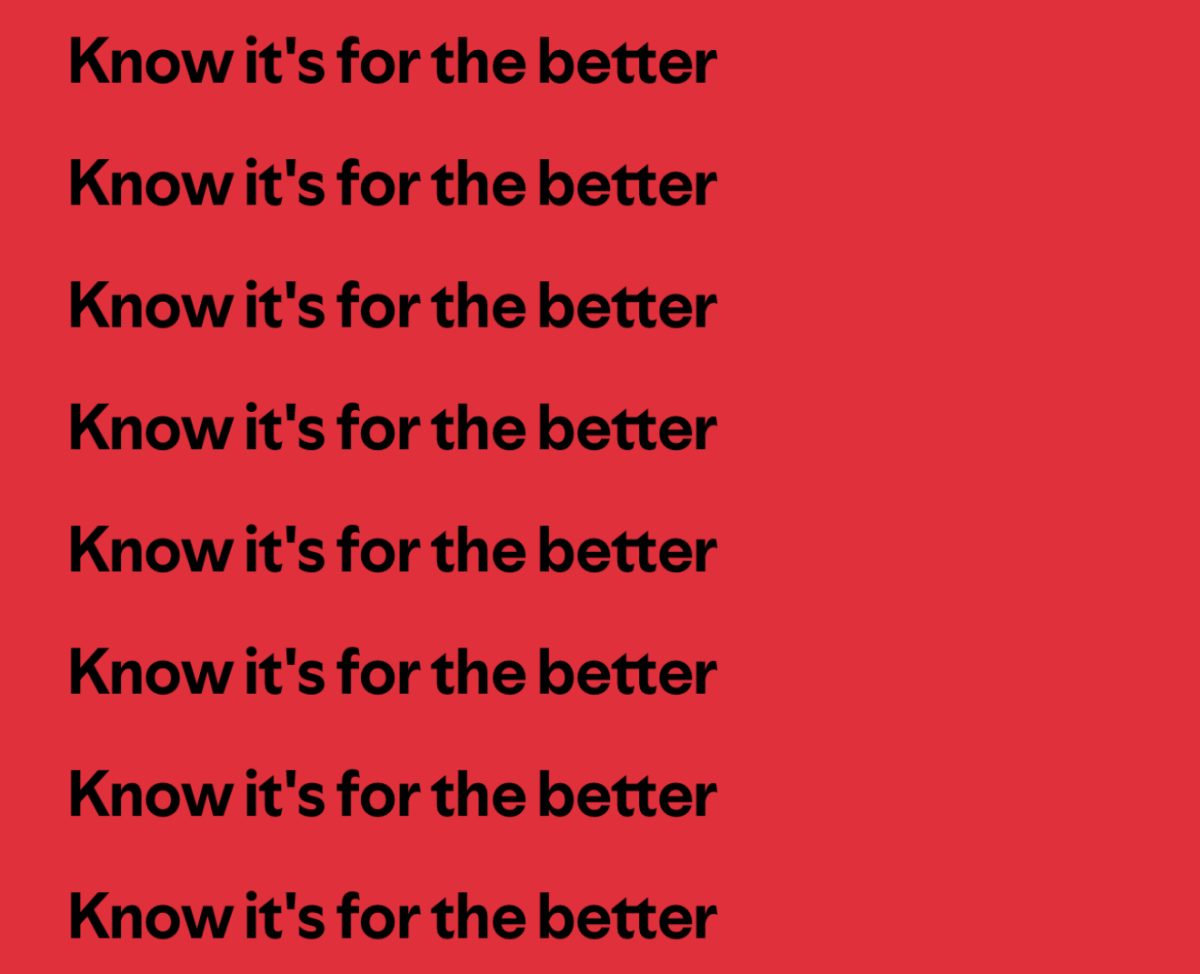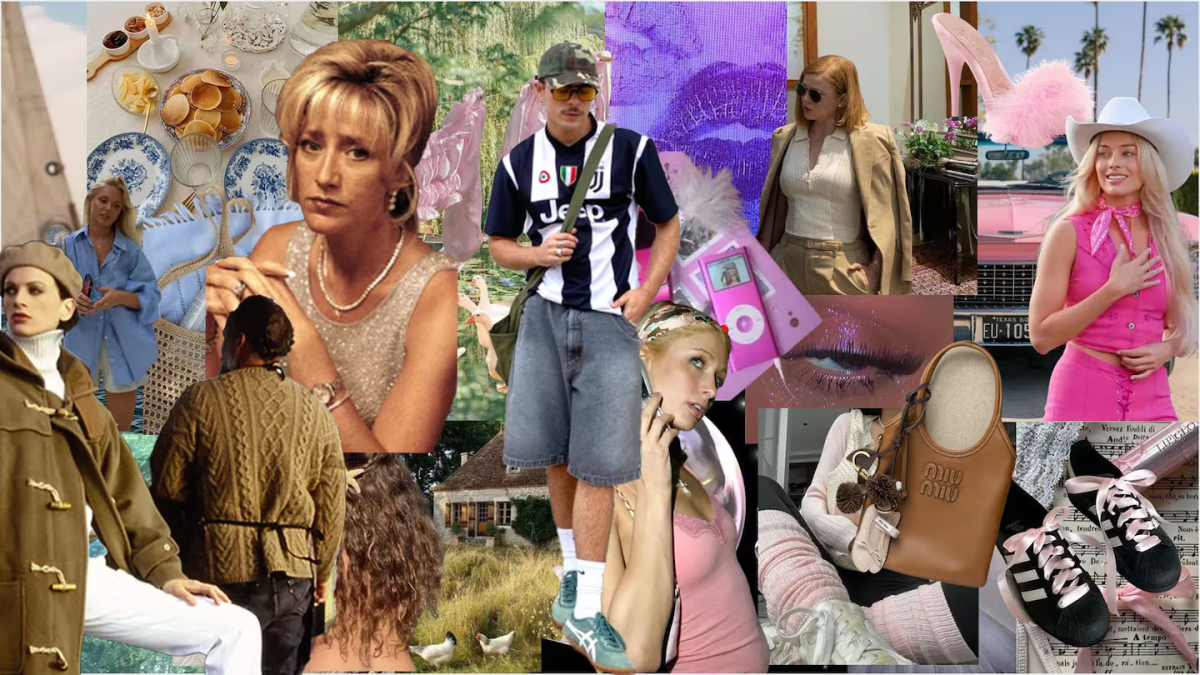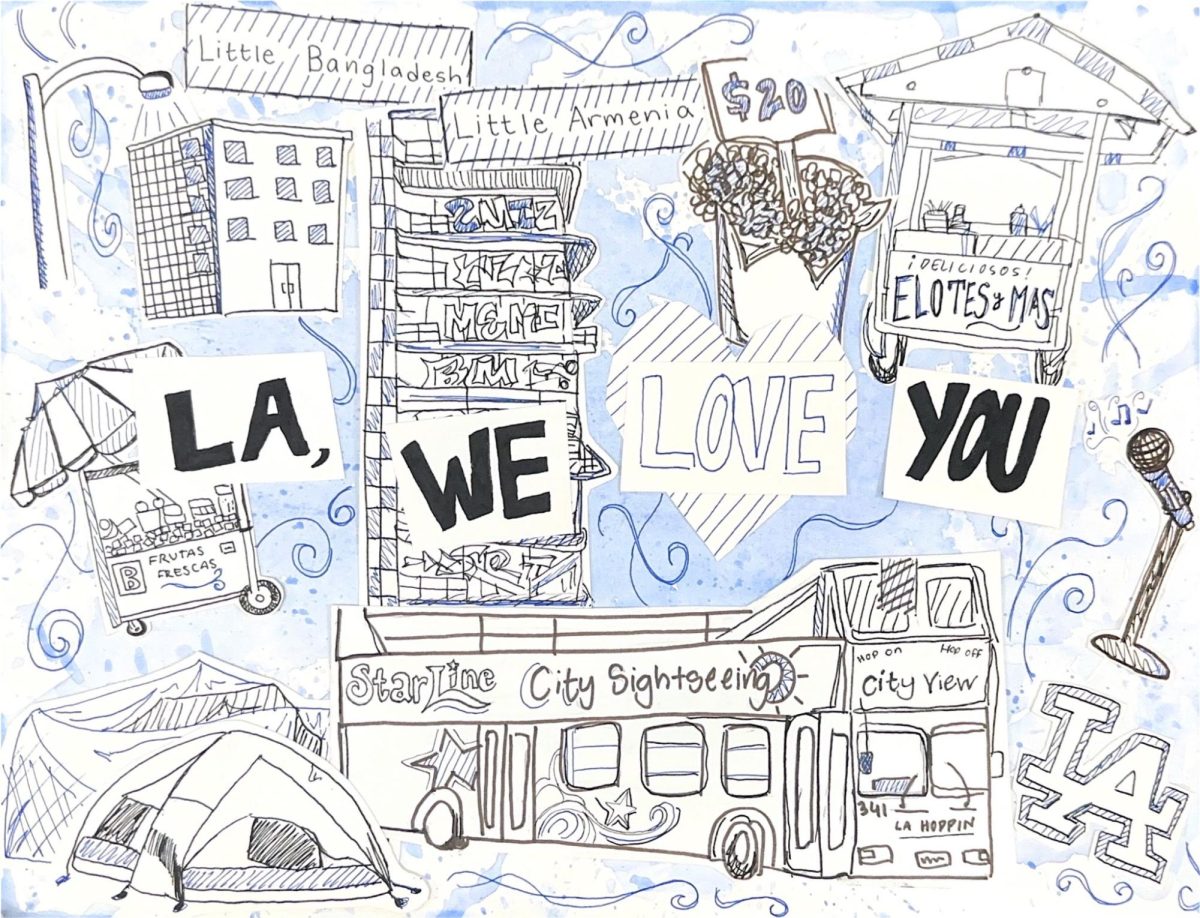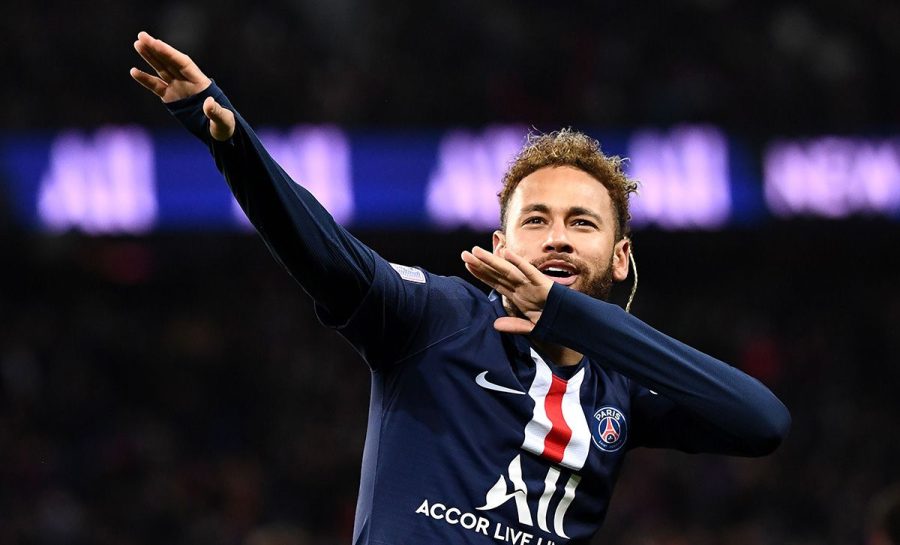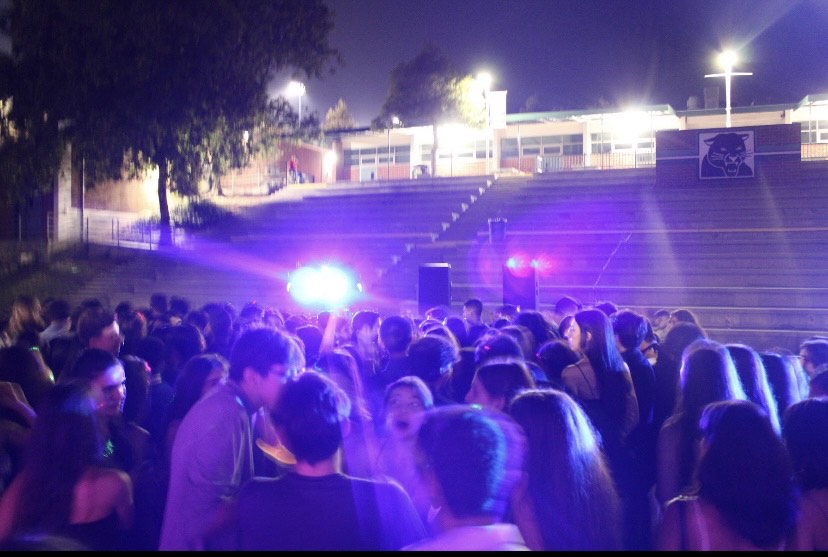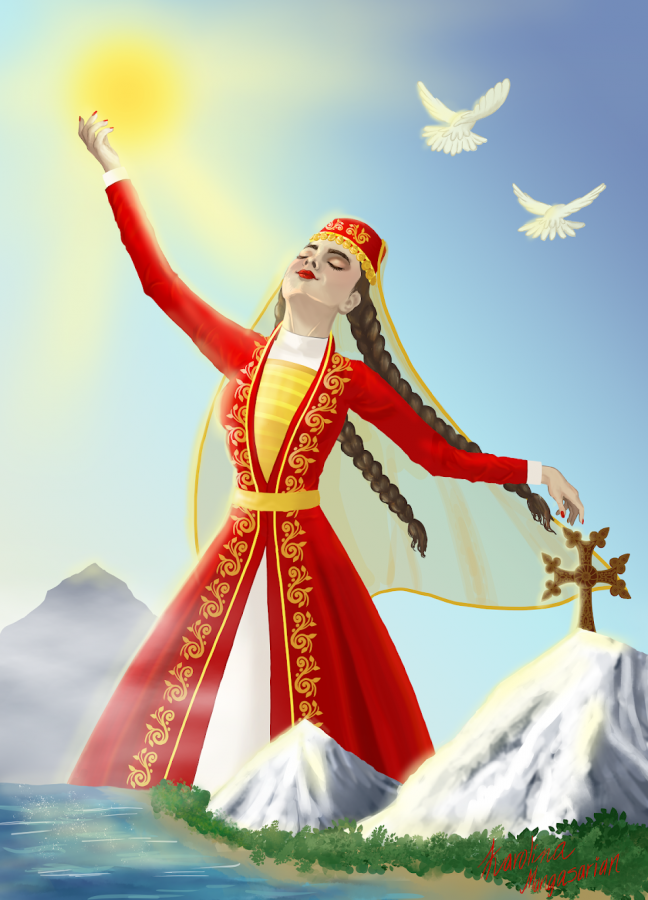“Are you deer, siren, or bunny pretty?” “If you have smile lines, use retinol!” “Do you have legging legs?” These sayings are heard by social media users across all platforms. Influencers are the modern-day sirens, slowly attracting the public to follow them and their lifestyles. They often set unattainable beauty standards. Although influencers have the power to create trends and participate in the social media culture, the harmful effects they have on society are becoming more recognizable to the public.
There is a dark side of the internet that frequently goes undiscovered in the “glamorous” world of social media influencers, where every post is a perfectly created photo to portray their utopian lives. A culture of superficiality and building unattainable standards are one of the many negative aspects that social media influencers have that raise urgent concerns about what comes from their social media platform.
The unrealistic lifestyles and expertly photoshopped images influencers present create a false view of the real world. According to emeritus.org, followers who observe the influencer lifestyle may experience anxiety and depression as they try to meet unachievable goals. The failure to distinguish between the online persona and real-life struggles exacerbates mental health issues, highlighting the darker side of influencer culture.
Two apps that show off influencers the most, Instagram and TikTok, have grown to be platforms that both highlight and worsen the negative impacts on our culture. Not only does the public receive a negative view towards themselves, but also the influencers. For example, if an Instagram influencer does not post a video or picture that reaches the eye of the viewer, they receive criticism and lose followers.
Influencers use extensive amounts of filters, edits, and clever angles to present an idealized version of reality in their carefully chosen photo collections.TikTok’s rapid rise to social media fame has given being an influencer an entirely new perspective. Influencers are encouraged to produce visually appealing content, but originality is rarely seen. Influencers put trends ahead of real communication, creating an environment in which meaningful conversations are “cringe.”
A high concern that has been circulating the internet is the desire for teenagers to drop out of school to become beauty or societal influences. Another example of this is the “ten year olds at Sephora.” Little kids try to make themselves look older because influencers have such power over society. Marketing also has a huge impact on little kids. Skin care brands like Drunk Elephant are marketed towards kids, even though the product itself has harmful ingredients for underaged kids.
The trend of commercializing personal moments, such as engagements to family vacations, ruins the devaluation of human experiences. The pressure to monetize every aspect of life can overshadow genuine connections and shared moments, transforming private joys into public displays for profit. Some influencers coerce people into making a purchase in order to earn money from it. One example is TikTok shop, a newly made website on the TikTok app where anybody can become a seller. Influencers make profit off of this by showcasing the product to get a percentage of the buyer’s purchase. Although TikTok Shop banned fake products, people have come to not trust it because of the variety of links and false information on the internet. Some users said that they have received counterfeit products from this website, causing many social media followers to no longer enjoy the pleasure of online buying and browsing, without having the fear of it being a scam.
Despite the fact that influencers have changed the digital environment and have great power, it is impossible to ignore their negative impact on society. Examining how influencers shape society’s attitudes and behaviors is needed because of the influencer phenomenon, which ranges from maintaining unachievable standards to encouraging a culture of luxury and destroying authenticity.



